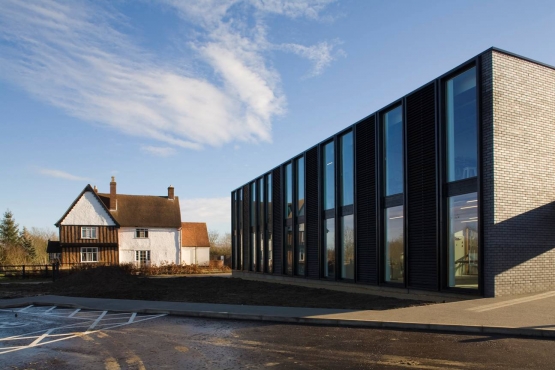Wiktionary also suggests that practice could be “the customary, habitual, or expected procedure or way of doing of something.” In other words: a ritual. And then there is the religious associations of a practice, of course: and maybe it’s true to say that contemporary art is a kind of religion, with its own icons, scripture, and epistemology.
But since thinking about contemporary art only twists me up in knots, I’d rather focus on the practice, on the habits, on the actual applications: the rituals themselves. Ritual is also a word used to describe the mechanisms people use to calm down or feel more in control; tapping, counting, stimming, washing your hands. When people try to quit their addictions, often they say it’s the rituals around substance use that they find hardest to let go. Rituals are the application of a certain kind of desire: a way of praying through doing.
During this study week I want to see if it’s possible to locate this hard-wired mechanism in myself, and to find out together with others (maybe you?) whether ritual practice is a hard-wired mechanism in a group dynamic, or in a temporary community. In this way I hope to be able to think differently about the work we do as artists, organisers or relational beings.
